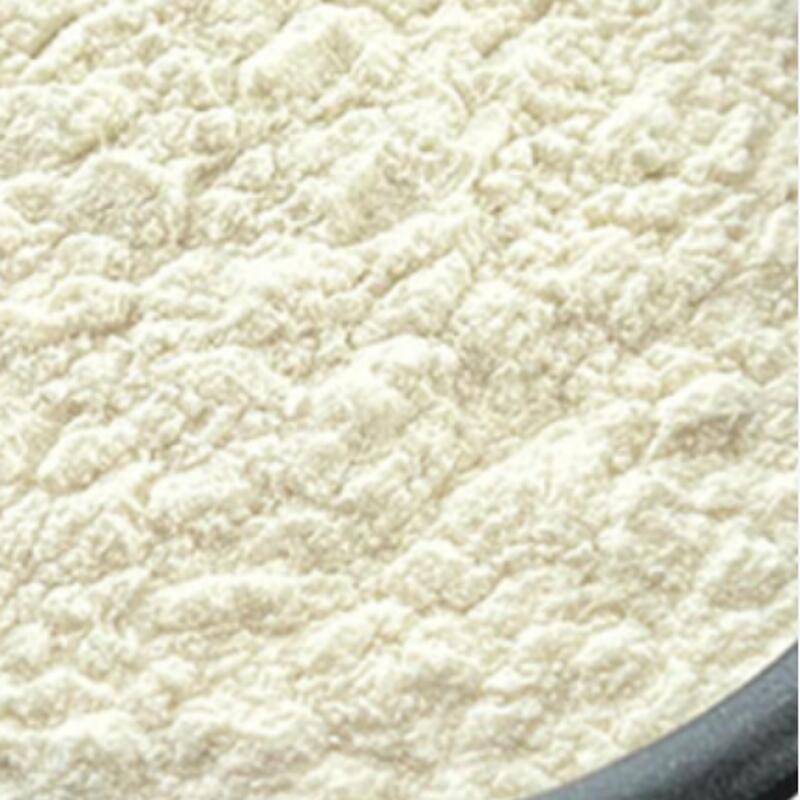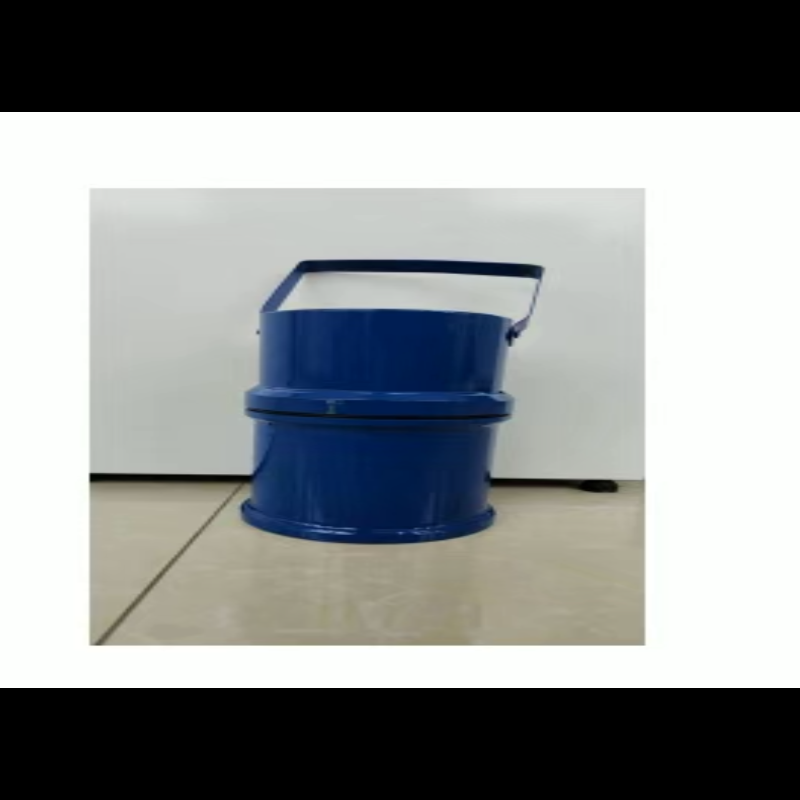-
Categories
-
Pharmaceutical Intermediates
-
Active Pharmaceutical Ingredients
-
Food Additives
- Industrial Coatings
- Agrochemicals
- Dyes and Pigments
- Surfactant
- Flavors and Fragrances
- Chemical Reagents
- Catalyst and Auxiliary
- Natural Products
- Inorganic Chemistry
-
Organic Chemistry
-
Biochemical Engineering
- Analytical Chemistry
-
Cosmetic Ingredient
- Water Treatment Chemical
-
Pharmaceutical Intermediates
Promotion
ECHEMI Mall
Wholesale
Weekly Price
Exhibition
News
-
Trade Service
Polypropylene (PP) is a widely used thermoplastic polymer that is known for its high strength, stiffness, and toughness.
It is used in a variety of applications, including packaging, textiles, and automotive parts.
The synthesis of PP can be achieved through several different routes, including the polymerization of propylene monomer, which is the most common method.
However, other synthetic routes, such as polypropylene recycling and copolymerization, are also available.
The most common method of synthesizing PP is through the polymerization of propylene monomer.
This process involves the reaction of propylene molecules with a catalyst, such as a metal salt, to form long chains of molecules.
The resulting polymer has a high molecular weight and is insoluble in most solvents.
The properties of the final PP product can be controlled by adjusting the conditions of the reaction, such as the temperature and pressure.
Another route to PP synthesis is through polypropylene recycling.
This process involves the collection and processing of post-consumer waste PP, which is then reprocessed into new PP resin.
The recycled material is sterilized and purified to remove any contaminants, and then it is remolded into new products.
This process is environmentally friendly, as it reduces the amount of plastic waste that ends up in landfills.
Copolymerization is another synthetic route to PP, which involves the reaction of two or more different monomers to form a copolymer.
The properties of the resulting copolymer can be tailored to meet specific requirements, such as flexibility, impact resistance, and heat resistance.
This process is commonly used in the production of impact-resistant PP, which is used in applications such as refrigerator door panels and car bumpers.
In addition to the above-mentioned synthetic routes, PP can also be synthesized through a variety of other methods, such as the use of metallocene catalysts and the application of high-pressure/high-temperature conditions.
These methods allow for the production of PP with unique properties, such as narrow molecular weight distribution and high isotacticity.
In conclusion, the synthetic routes of polypropylene are diverse and are chosen based on the specific properties that are desired in the final product.
The most common method is through the polymerization of propylene monomer, but other methods include polypropylene recycling and copolymerization.
The synthesis of PP can also be achieved through other methods such as metallocene catalysts and the application of high-pressure/high-temperature conditions.
These methods allow for the production of PP with unique properties that are tailored to meet the specific requirements of different applications.







